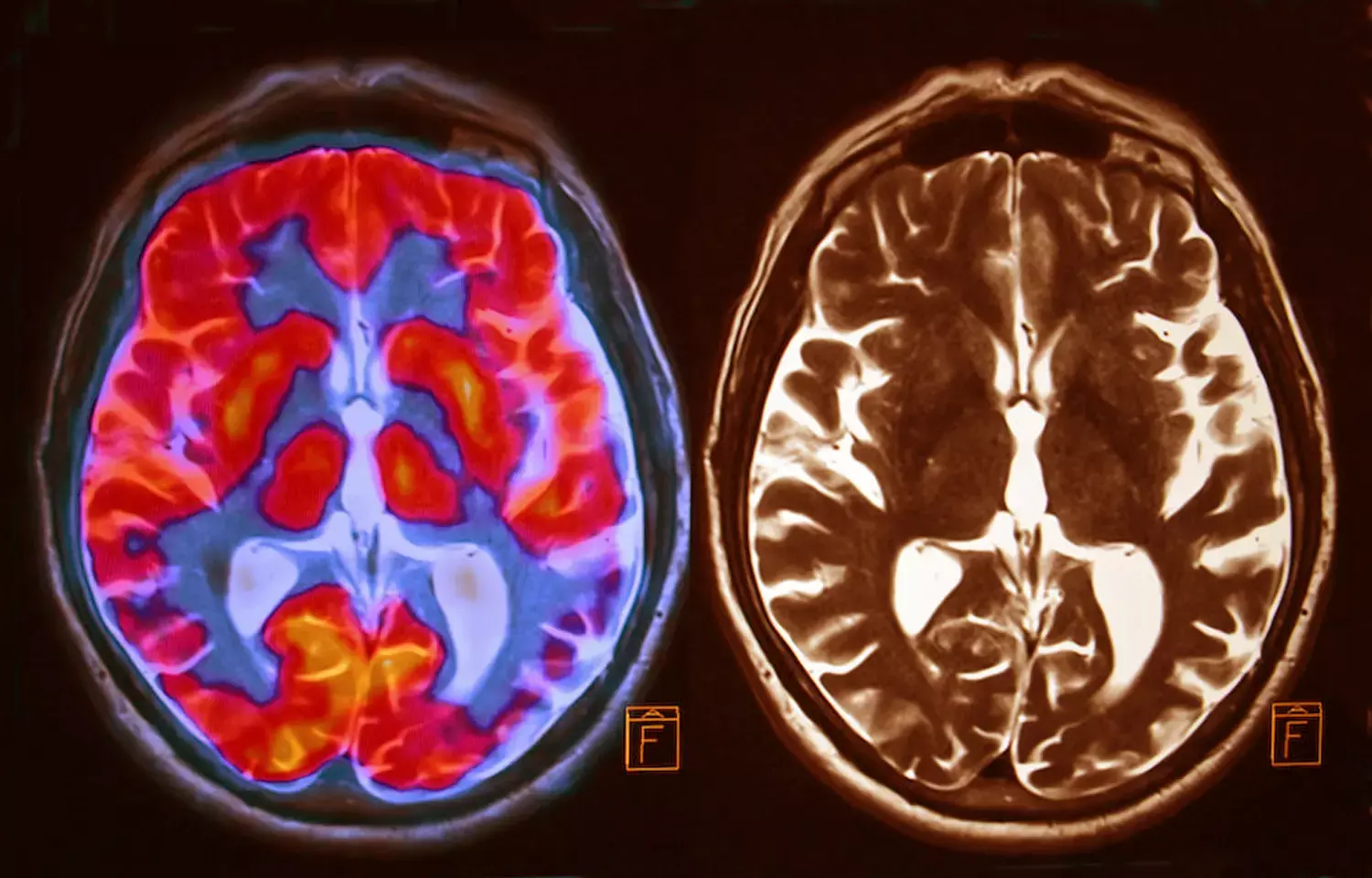- Home
- Medical news & Guidelines
- Anesthesiology
- Cardiology and CTVS
- Critical Care
- Dentistry
- Dermatology
- Diabetes and Endocrinology
- ENT
- Gastroenterology
- Medicine
- Nephrology
- Neurology
- Obstretics-Gynaecology
- Oncology
- Ophthalmology
- Orthopaedics
- Pediatrics-Neonatology
- Psychiatry
- Pulmonology
- Radiology
- Surgery
- Urology
- Laboratory Medicine
- Diet
- Nursing
- Paramedical
- Physiotherapy
- Health news
- Fact Check
- Bone Health Fact Check
- Brain Health Fact Check
- Cancer Related Fact Check
- Child Care Fact Check
- Dental and oral health fact check
- Diabetes and metabolic health fact check
- Diet and Nutrition Fact Check
- Eye and ENT Care Fact Check
- Fitness fact check
- Gut health fact check
- Heart health fact check
- Kidney health fact check
- Medical education fact check
- Men's health fact check
- Respiratory fact check
- Skin and hair care fact check
- Vaccine and Immunization fact check
- Women's health fact check
- AYUSH
- State News
- Andaman and Nicobar Islands
- Andhra Pradesh
- Arunachal Pradesh
- Assam
- Bihar
- Chandigarh
- Chattisgarh
- Dadra and Nagar Haveli
- Daman and Diu
- Delhi
- Goa
- Gujarat
- Haryana
- Himachal Pradesh
- Jammu & Kashmir
- Jharkhand
- Karnataka
- Kerala
- Ladakh
- Lakshadweep
- Madhya Pradesh
- Maharashtra
- Manipur
- Meghalaya
- Mizoram
- Nagaland
- Odisha
- Puducherry
- Punjab
- Rajasthan
- Sikkim
- Tamil Nadu
- Telangana
- Tripura
- Uttar Pradesh
- Uttrakhand
- West Bengal
- Medical Education
- Industry
MRI studies may predict Music-induced emotions, finds research

Researchers at the University of Turku have discovered what type of neural mechanisms are the basis for emotional responses to music. Altogether 102 research subjects listened to music that evokes emotions while their brain function was scanned with functional magnetic resonance imaging (fMRI). The study was carried out in the national PET Centre.
The researchers used a machine learning algorithm to map which brain regions are activated when the different music-induced emotions are separated from each other.
- Based on the activation of the auditory and motor cortex, we were able to accurately predict whether the research subject was listening to happy or sad music. The auditory cortex processes the acoustic elements of music, such as rhythm and melody. Activation of the motor cortex, then again, may be related to the fact that music inspires feelings of movement in the listeners even when they are listening to music while holding still in an MRI machine, says Postdoctoral Researcher Vesa Putkinen.
The researchers also discovered which brain regions are activated when the research participants watched videos that evoke strong emotions, and tested whether the same regions were activated when the participants were listening to music that evokes emotions.
The results suggest that the emotions evoked by films and music are partially based on the operation of different mechanisms in the brain.
- Films, for instance, activate the deeper parts of the brain that regulate emotions in real-life situations. Listening to music did not strongly activate these regions nor did their activation separate the music-induced emotions from each other. This may be due to the fact that films can more realistically copy the real-life events that evoke emotions and thus activate the innate emotion mechanisms. As for the music-induced emotions, they are based on the acoustic characteristics of music and coloured by cultural influences and personal history.
Traditionally, music-induced emotions have been studied through classical instrumental music.
- We wanted to use only instrumental music in this study as well, so that lyrics did not impact the emotions of the research subjects. However, we included film music and songs by the guitar virtuoso Yngwie J. Malmsteen, notes Putkinen.
https://academic.oup.com/cercor/advance-article-abstract/doi/10.1093/cercor/bhaa373/6046263?redirectedFrom=fulltext
Hina Zahid Joined Medical Dialogue in 2017 with a passion to work as a Reporter. She coordinates with various national and international journals and association and covers all the stories related to Medical guidelines, Medical Journals, rare medical surgeries as well as all the updates in the medical field. Email: editorial@medicaldialogues.in. Contact no. 011-43720751
Dr Kamal Kant Kohli-MBBS, DTCD- a chest specialist with more than 30 years of practice and a flair for writing clinical articles, Dr Kamal Kant Kohli joined Medical Dialogues as a Chief Editor of Medical News. Besides writing articles, as an editor, he proofreads and verifies all the medical content published on Medical Dialogues including those coming from journals, studies,medical conferences,guidelines etc. Email: drkohli@medicaldialogues.in. Contact no. 011-43720751


